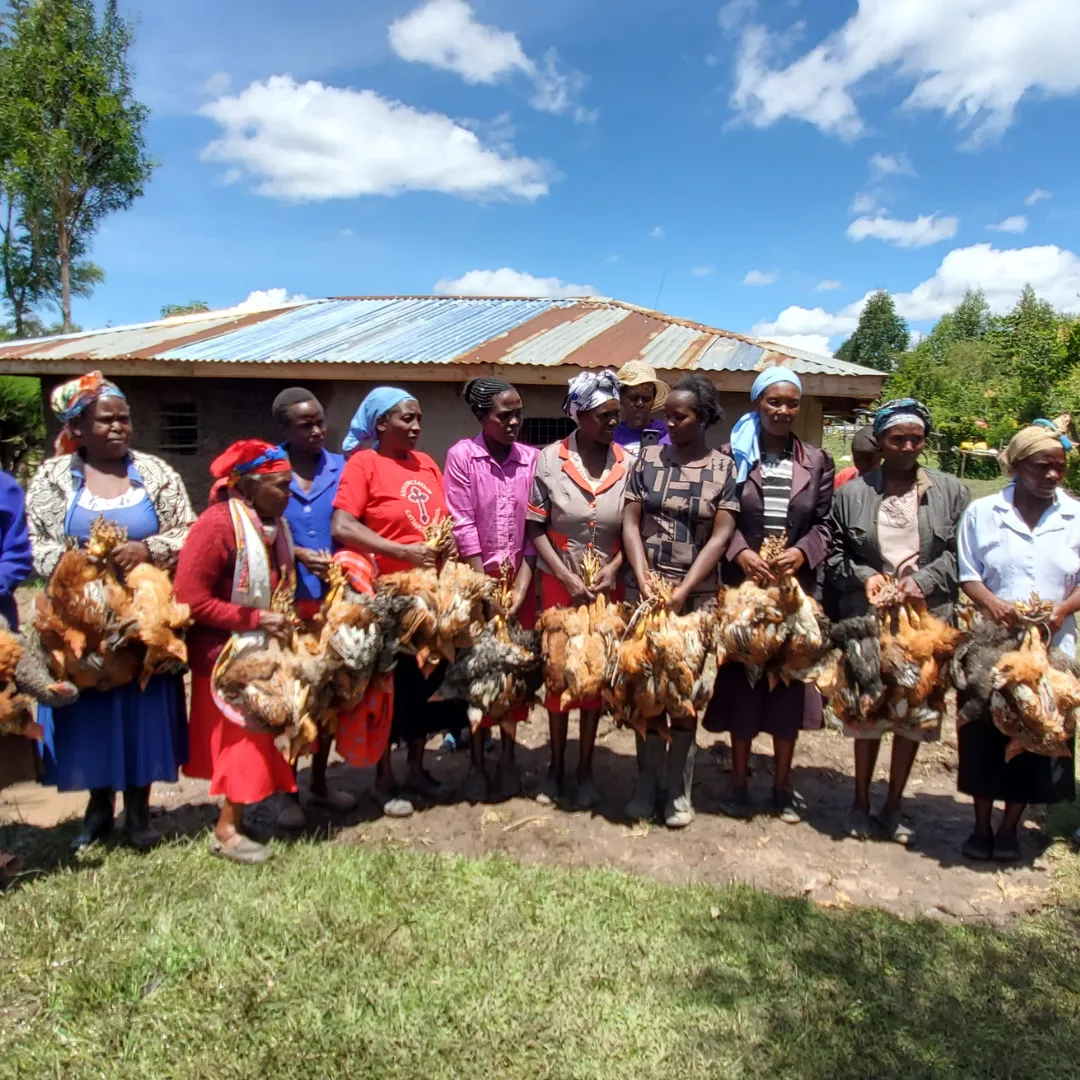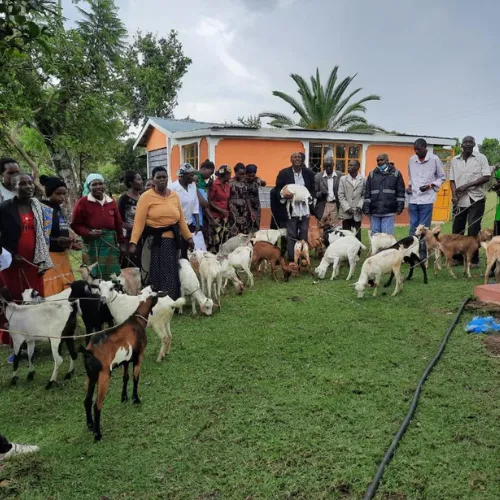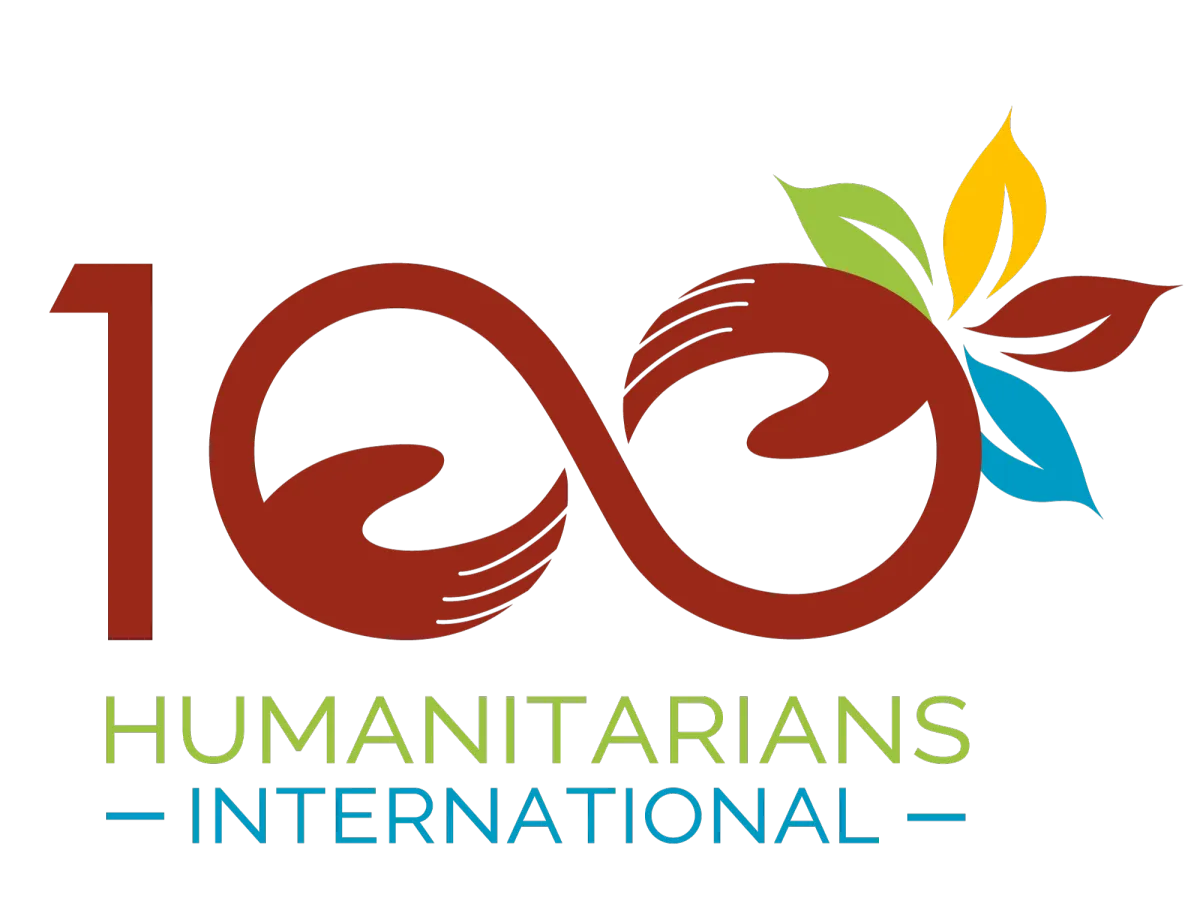Sustainable Food
We begin with a Garden Tower to teach a family how to grow their own food.

Garden Towers
Learning to grow their own food with a Garden Tower can be a transformative experience for families living in poverty. This innovative gardening solution offers a multitude of benefits that can make a significant impact on their lives.
The Benefits of a Garden Tower:
✔️Nutritious, Cost-Effective Food: The Garden Tower allows families to harvest 3-5 meals per week of fresh, organic vegetables from their backyard. This reduces food costs and provides a constant source of nutritious produce, helping to ease the financial burden of poverty.
✔️Income Generation: Families can sell surplus vegetables grown in the Garden Tower, creating an additional source of income. This new revenue stream provides financial stability and opportunities for a better future, helping to break the cycle of poverty.
✔️Water Efficiency and Savings: The Garden Tower uses 30% less water than traditional gardening methods, making it a water-efficient solution. This conserves precious waVideoter resources and reduces water bills, which is especially beneficial in regions with limited water availability.

Chicken Businesses
Raising chickens can be a life-changing endeavor for families in poverty, offering a pathway to rise above the global poverty line of $1.90 per day. Participating in a chicken enterprise provides a host of benefits that can significantly improve their economic prospects.
The Benefits of a Chicken Business:
✔️Nutritious Food and Supplementary Income: Raising chickens provides a steady source of eggs, ensuring healthier meals and reducing food expenses for families. Selling surplus eggs generates additional income, helping families save and invest in other income-generating activities.
✔️Reliable Income from Meat Sales: Chickens offer a reliable source of protein when raised for meat. Selling poultry products, which are often in high demand, provides a steady market and additional income, aiding families in surpassing the global poverty line.
✔️Low Maintenance and Skill Development: Chickens are low-maintenance and require minimal space, making them accessible for families with limited resources. Engaging in a chicken enterprise teaches valuable skills in animal husbandry, business management, and budgeting, empowering families to apply this knowledge to other ventures and improve their economic prospects.

Goats
Donating a goat to a family in Kenya can profoundly impact their financial situation, offering sustainable income sources and enhancing economic stability. Goats provide milk for family consumption and sale, breeding opportunities to expand the herd, and manure for fertilizing crops, which boosts agricultural productivity.
The Benefits of a Goat Business:
✔️Nutritious Milk and Income: Donating a goat to a family in Kenya provides a steady supply of milk for consumption and sale. This increases family nutrition and generates a sustainable income, helping to improve their financial stability.
✔️Breeding and Agricultural Benefits: Goats offer breeding opportunities to expand the herd, creating additional revenue streams. Their manure is an excellent fertilizer, enhancing crop yields and boosting agricultural productivity, further supporting the family's economic well-being.
✔️Meat Production and Economic Diversification: Raising goats for meat provides a valuable commodity for local markets, diversifying the family's income sources. This diversification reduces reliance on a single income stream and buffers against economic uncertainties, fostering long-term financial resilience and stability.
Sustainable Food Success Stories
Jesica
Gladies
Joyline
Philipine
Merci
Our Impact Since 2015*
21000+
Sustainable Food
Projects
1675+
Clean Water
Projects
6000+
Education
Projects
8575+
Health
Projects
400+
Expedition Travelers
*Numbers updated quarterly
Get Involved with 100 Humanitarians
Each week, we send project updates to your inbox, so that you know exactly where your donations go.
We also keep you updated on volunteer opportunities and expeditions to Kenya.

We will not sell your information to anyone, and you can opt-out at any time.

100 Humanitarians International is a 501(c)(3) nonprofit recognized by the IRS, and all donations to 100 Humanitarians International are tax-deductible in accordance with IRS regulations. EIN #82-1048388
South Jordan, Utah
801-432-0105
